Investing in Lebanon
As long at there is peace in the Middle East, Lebanon is one of the best investment choices. This is not only because Lebanon has been growing in every sector, but because there is still time to get in on the ground floor of future growth; because Lebanon has a host of unmet needs. These include basic infrastructure requirements.
Investing in Lebanon
As long at there is peace in the Middle East, Lebanon is one of the best investment choices . This is not only because Lebanon has been growing in every sector, but because there is still time to get in on the ground floor of future growth; because Lebanon has a host of unmet needs.

These include basic infrastructure requirements, such as electricity generation and transmission lines, roads and bridges, installation of stop lights and stop signs, etc; IT privatization and broadband expansion; hotel and conference facilities development, repair of oil facilities; expansion of agriculture, particularly wine making ; there is massive room for investment and expansion.
To meet all of these needs, the various sectors of the Lebanese economy are seeking investment “We have a long way to go to catch up with other developed economies in the world, and this is where we lack, and where problems can be turned into an opportunity by an investor,” says Ziad Hayek , Secretary Gener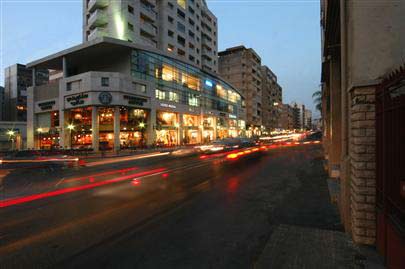 al of the Higher Council for Privatization.
al of the Higher Council for Privatization.
The government, strapped by high debt, is looking to attract investors to PPPs—pubic private partnerships. Ziad Hayek : “Once we open the way for PPP, I think we will see a lot of interest not only from Lebanese investors , but from foreign investors as well.”
Among the major priorities of the Privatization Council are the privatization of telecom and the opening of the market to independent power production (IPP). It is expected that the latter will happen by the end of 2010, and that tenders will be offered shortly thereafter.
In tourism Lebanon has seen spectacular growth—39% in 2009,
and 26% so far in 2010, This growth is exceptionally high because it is
coming after a low period caused by political instability.
But there is still a vast reservoir of tourist demand; Lebanon has always been, except for periods of domestic turmoil and war, the prime cosmopolitan and vacation destination of the Middle East. But its physical growth has been held back, says Dr. Fadi Abboud , Minister of Tourism, and will have to be met by massive investment in hotels, conference and exhibition facilities, restaurants, and other tourist facilities—not only in Beirut but in the rest of the country.
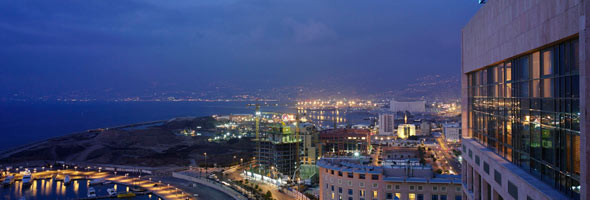
Another area of investment opportunity is retail merchandising, as Sami Salman, President of TransMed, a regional sales distribution and bottling company, pointed out:
“The retail market has a long way to go because it has not caught up with the latest worldwide practices. Talking about consumer goods, we don’t have any hypermarkets or retail chains, so we are lagging behind. Malls and department stores are also small and few-and-far-between. The major players are going to come into the region; for example, Carrefour is coming soon.”
Take oil for example. There are two refineries in Lebanon: one in Tripoli and one in Sidon. Struck by Israeli airstrikes in 2006, both are not functioning. All refined oil must be imported, and presently Lebanon is importing refined oil from Europe and Russia, and jet fuel from several Middle East countries.
Vineyards and wine making are spreading across the country. Already, wine making vineyards have increased from 15 to 30 since 2005, and ten more are expected to be opened in the next few years. For the investor looking for the idyllic life, not to mention being involved in the ultimate prestige product, wine-making is unquestionably the way to go. There are much more land available in the Bekaa valley, and winemaking is spreading to many other parts of the country. As wine appreciation and tourism—especially wine tourism —increase, it may soon be sufficiently profitable to serve the wine produced to one’s own visitors, tourists, and local markets.
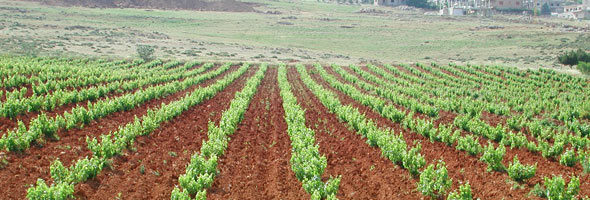
Overall, says Dr. Torbey, President of the Association of Lebanon and Chairman of Credit Libanais, “Lebanon and especially Beirut are targets for investors in the real estate sector , because there is no real threat for a meltdown of the market due to lack of space in Lebanon. Speculation is not an issue here either.”
Ghassan Assaf, Chairman and General Manager of BBAC, puts it this way: “Lebanon has always provided a safe place for banking for Lebanese expats and for regional Arab investors. Nobody has invested in Lebanon and made a bad deal here.”
Saad Azhari, Chairman of Blom Bank recommends: “Lebanon is very attractive due to its continuing economic growth and abundance of potential. ‘We [Blom Bank] have an excellent personnel base and this makes for a very strong platform for international companies looking to come to the Middle East. It is a very interesting market for foreigners, and I encourage them to come to Lebanon and the Arab world.”
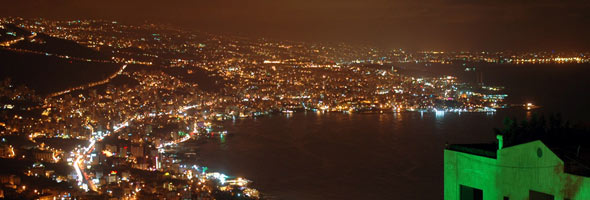
The Investment Development Agency of Lebanon (IDAL) was created to encourage investment in Lebanon by giving “lots of incentives and facilitation while cutting the red tape,” according to Nabil Itani , IDAL Chairman. IDAL targets investors in the “productive sectors that lead to sustainable job creation: industry ; agriculture; ICT as a whole; and media.“
Since 2003, IDAL has aided 36 projects. In the first three months of 2010, 10 new projects have applied for assistance. IDAL pursues three main strategies to increase investment in Lebanon. First, says Itani, we want to
|
loading the player….
|
“erase the perception that was gained by investors due to the conflicts that occurred between 2005 and 2008. This erasing is achieved by branding Lebanon or re-branding Lebanon through the international community. Second, is to create real investment opportunities, like creating special economic zones dedicated to certain growing sectors. For example, one we are doing now is in Tripoli, and we are providing plans for a media city. This is part of establishing stable and solid opportunities for potential investors. Third, to facilitate or remove obstacles facing the whole investment climate.”
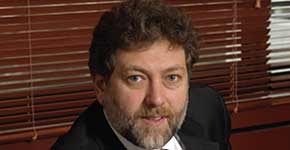 The goal of Neemat Frem , CEO of INDEVCO and President of the Association of Lebanese Industrialists, is to
The goal of Neemat Frem , CEO of INDEVCO and President of the Association of Lebanese Industrialists, is to
“help the international business sector to rethink Lebanon as a gate for a trillion dollar economy in the Middle East. We believe that multinational companies should be headquartered in Lebanon. The advantages of Lebanon are the staff and high-profile executives that you an find in Lebanon.”